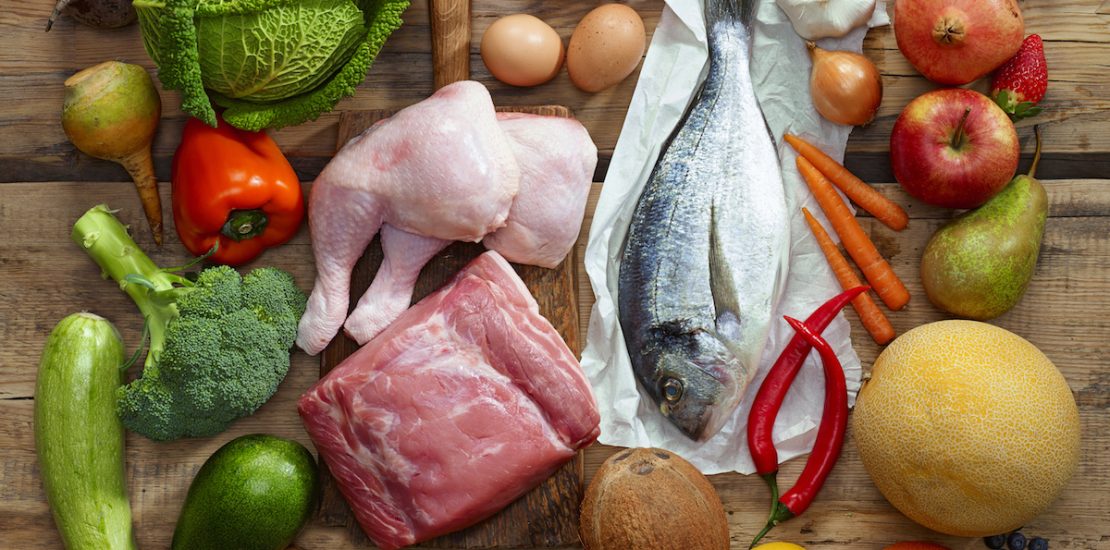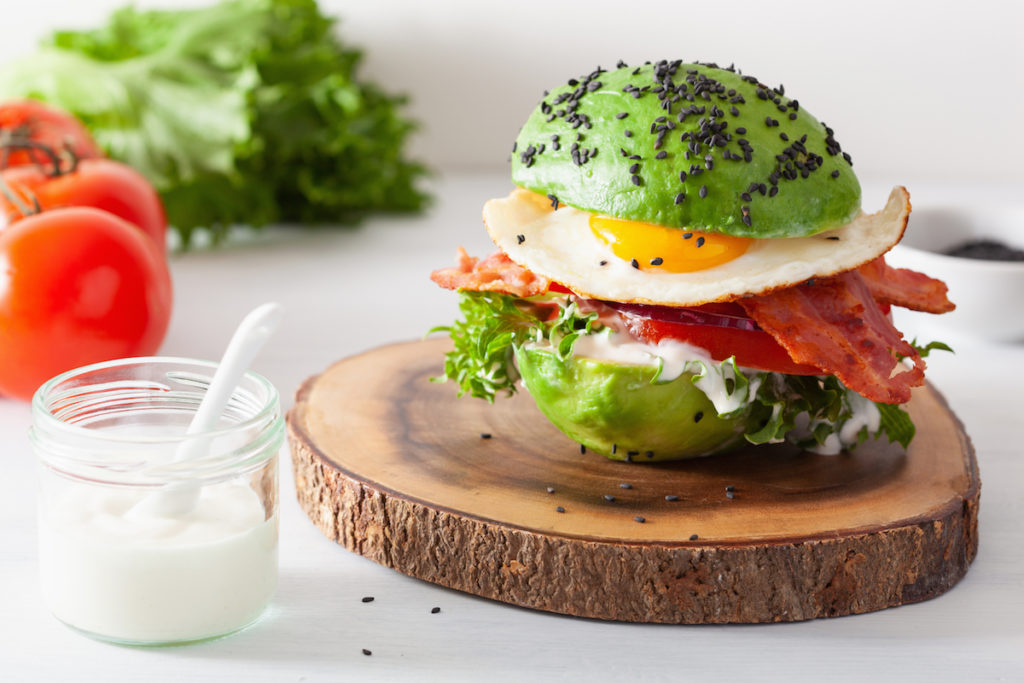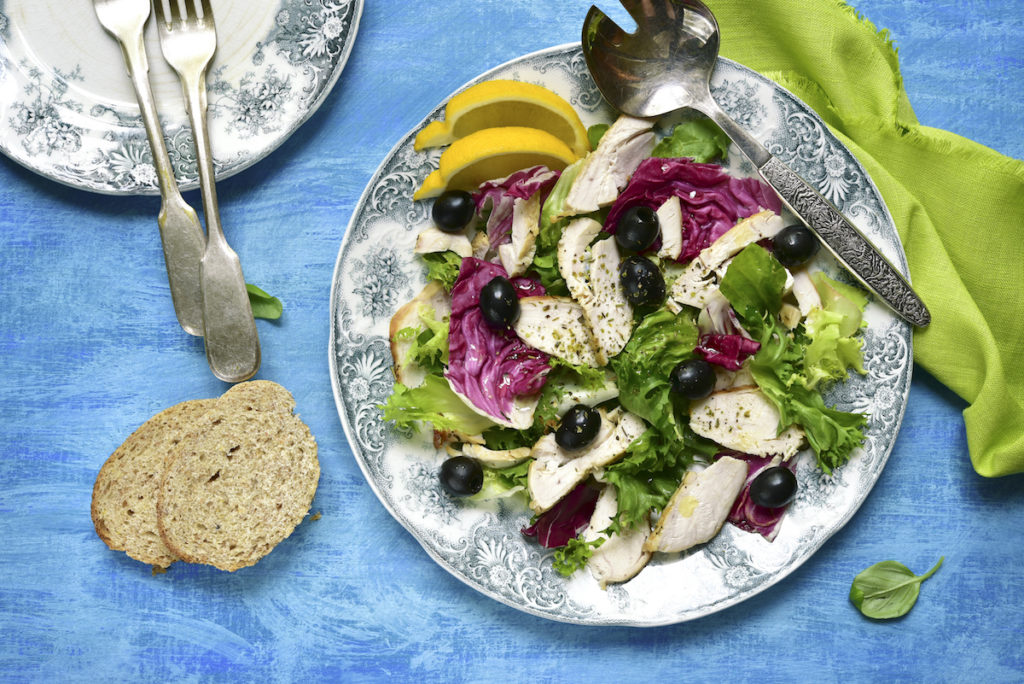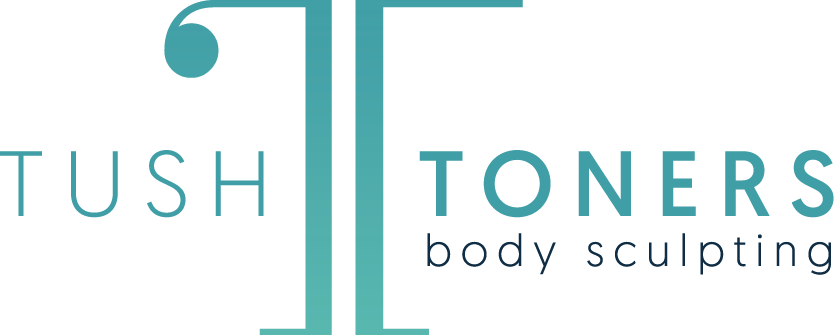
What is the Paleo Diet and does it really work?

Whether you have recently started your weight loss journey or have been a health-conscious person for years, chances are you’ve come across several fad diets. In fact, you’ve probably even tried a few of them only to find out that most are not effective for weight loss in the long-term.
The problem with sticking to a particular diet plan is that many of these diets restrict you from consuming either 1, 2, or most of the food groups. You may lose weight, but the side effect of continuing with these fad diets is that your body may become deficient in essential nutrients as you are depriving your body of a balanced diet. Moreover, you may be allergic to some foods, but it never occurred to you before because other foods were neutralizing the effects. But now that you are consuming larger portions of this food, you can feel the allergic reaction. Quite a few people switch to diet meals without consulting their physicians. The trial and error method works for some, but for most, it proves to be ineffective for weight loss and very harmful for overall health and well-being.
The name “Paleo Diet” may be relatively new, however, the fundemental concept dates back to our early ancestors.
WHAT IS PALEO DIET PLAN?

The Paleo diet plan is also known as the “cavemen’s diet.” Cavemen were hunters rather than farmers. They relied on hunting and foraging foods and vegetables that were naturally growing on the trees and bushes or swimming in the lakes and rivers. At its core, the Paleo diet plan is a whole-foods diet that is said to aid weight loss and help people adopt an active lifestyle.
Generally speaking, the Paleo diet plan relies on the 3 major food groups; proteins, carbohydrates, and fats. The Paleo diet is mostly comprised of lean meat (focusing on grass-fed meat-not conventionally produced) fish (wild-caught, not farm-raised), fruits, and vegetables (organic whenever possible). Apart from these, you can eat nuts, herbs, and seeds.
You are restricted from eating grains, legumes, dairy products, soy, processed foods, sugars, margarine, vegetable oils, and of course, fast food and soft drinks.
DOES PALEO WORK? WHAT DO THE EXPERTS SAY?

You’ll always find pluses and negatives on the internet, but below are generally reliable sources:
According to Healthline magazine, the Paleo diet plan received a rating of 4.33 out of 5 for its effectiveness for weight loss.
The Harvard Review mentions that the Paleo diet offers great short-term benefits and is effective for weight loss, decreasing blood pressure, and improving cholesterol levels, but its long-term effects are yet to be discovered. The same article states that the exclusion of dairy products and legumes could lead to deficiencies like lack of Vitamin D, Calcium, and Vitamin B. This could result in weaker bones and reduced brain functioning.
WebMD states that the Paleo diet works for weight loss, blood pressure, and heart diseases but in the long run, it might be difficult for some people to stick to, as it eliminates some food groups from your diet.
According to the Medical News Today, the Paleo diet helps people lose weight within a short amount of time (3 to 6 months), but because it is not dependent on calorie counting, in the long run, the excess carbohydrates, proteins, and good fats consumed will also get stored as fat in the body.
And last but not least, the findings of Mayo Clinic suggest that the Paleo diet can help with weight loss and does have other health benefits like reduced blood pressure, improved heart health, and better glucose tolerance, but as there are “no long-term clinical studies” to suggest its effectiveness or risks, it cannot be completely relied upon. Instead, they suggest sticking to a balanced diet and regular exercises for weight loss.
FINAL WORD
The biggest takeaway from following a Paleo/Paleo-like lifestyle is the elimination of processed foods. Though there might not be many longitudinal studies on the Paleo diet, for virtually all of human history absent the past century, folks really didn’t eat processed foods. If you can do one thing positive for your body it would be removing as many processed foods as possible. Starting small is still a starting place after all!
Related Articles


How do I use a body contouring machine?


